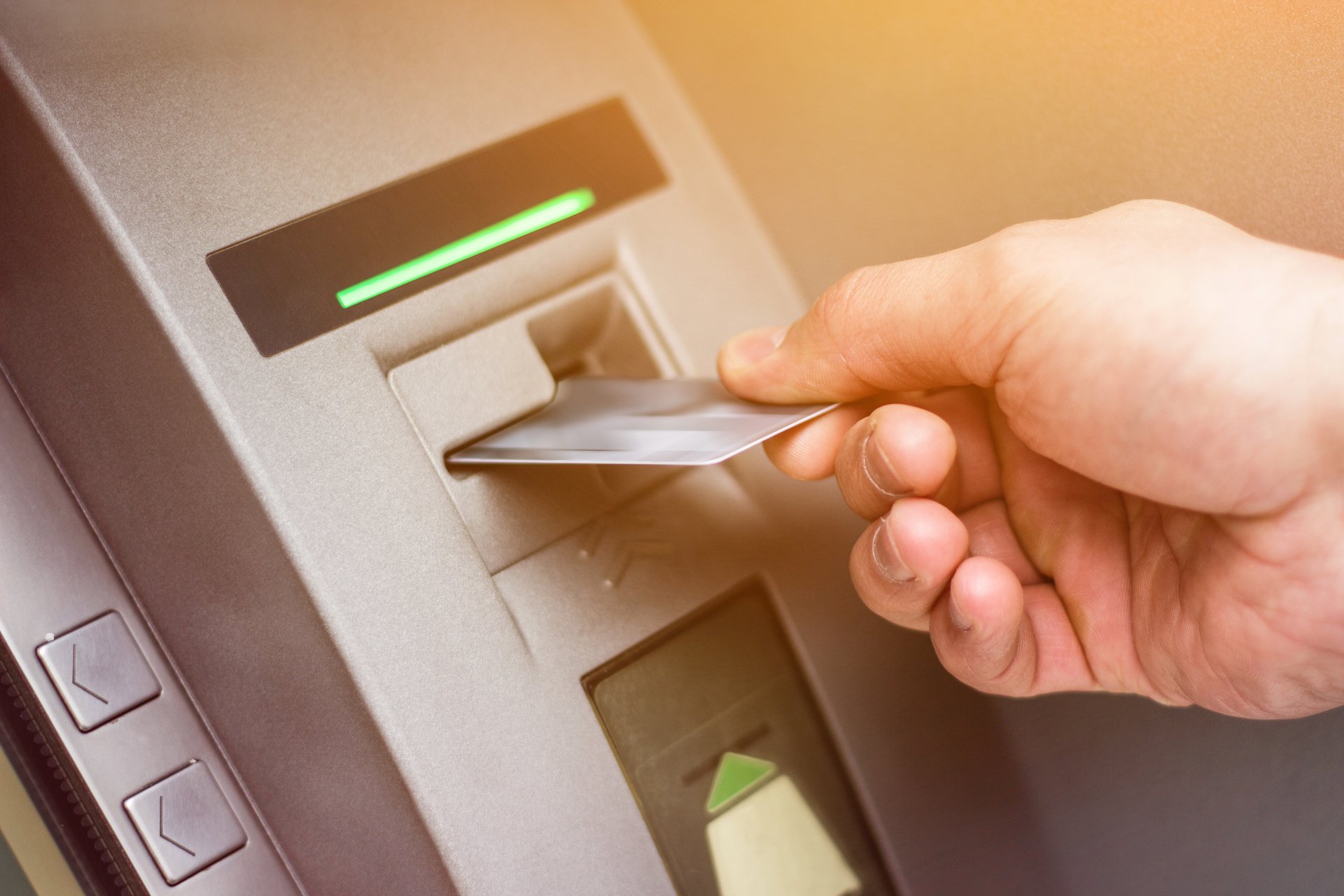
The number of debit cards compromised at ATMs, merchants and restaurants in the U.S. rose by 10 percent last year, according to newly released information from Fair Isaac Corp., or FICO.
Swiping your plastic presents an inherent risk. ATMs and card payment terminals in stores and restaurants can be rigged by criminals trying to steal card numbers.
T.J. Horan, vice president of fraud solutions at FICO, says:
“The number of compromises and the number of card members impacted set a new record last year. While most devices are safe, fraudsters are developing new technology and methods for hacking ATMs.”
The best way to avoid debit card fraud
The increase in fraudulent activity is especially concerning considering that federal law does not offer robust protection of debit card use. That contrasts with more rigorous protections offered to people using credit cards.
Perhaps the best way to prevent a criminal from targeting your debit card is to not use your debit card, or at least use it as little as possible. Instead, use a credit card, which is protected under the Fair Credit Billing Act.
As we explain in “2 Key Steps to Protecting Your ‘Chip’ Cards From Fraud“:
“This federal law provides you certain consumer protections, like the ability to dispute billing errors and to withhold payment while your creditor investigates the disputed charges. Perhaps more importantly, the law generally limits your responsibility for unauthorized credit card charges to $50.”
Credit cards present another risk, though: You might be more likely to overspend when using them. That’s why it’s often recommended that folks trying to get out of debt use cash instead.
Other ways to safeguard your debit card
If you can’t prevent debit card fraud by abandoning your card — or even if you can — monitor your bank account closely. Watch for transactions you don’t recognize. That way, if your card is compromised and someone makes fraudulent charges using your card numbers, you’ll at least know about it early on.
To the same end, look into alerts your bank might offer. Nowadays, many banks allow their customers to sign up to receive automated email or text message notifications of certain types of transactions.
If you suspect your debit card has been compromised, FICO advises asking the card issuer for a new card, noting it’s important to change the card PIN, too.
What’s your take on this news? Sound off below or on Facebook.




Add a Comment
Our Policy: We welcome relevant and respectful comments in order to foster healthy and informative discussions. All other comments may be removed. Comments with links are automatically held for moderation.